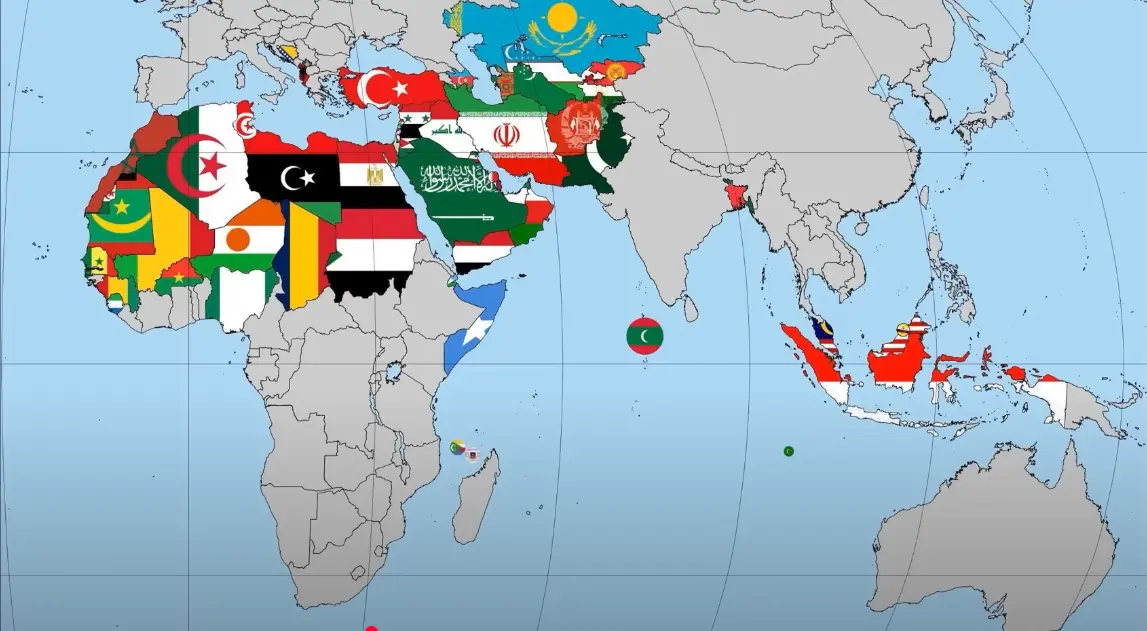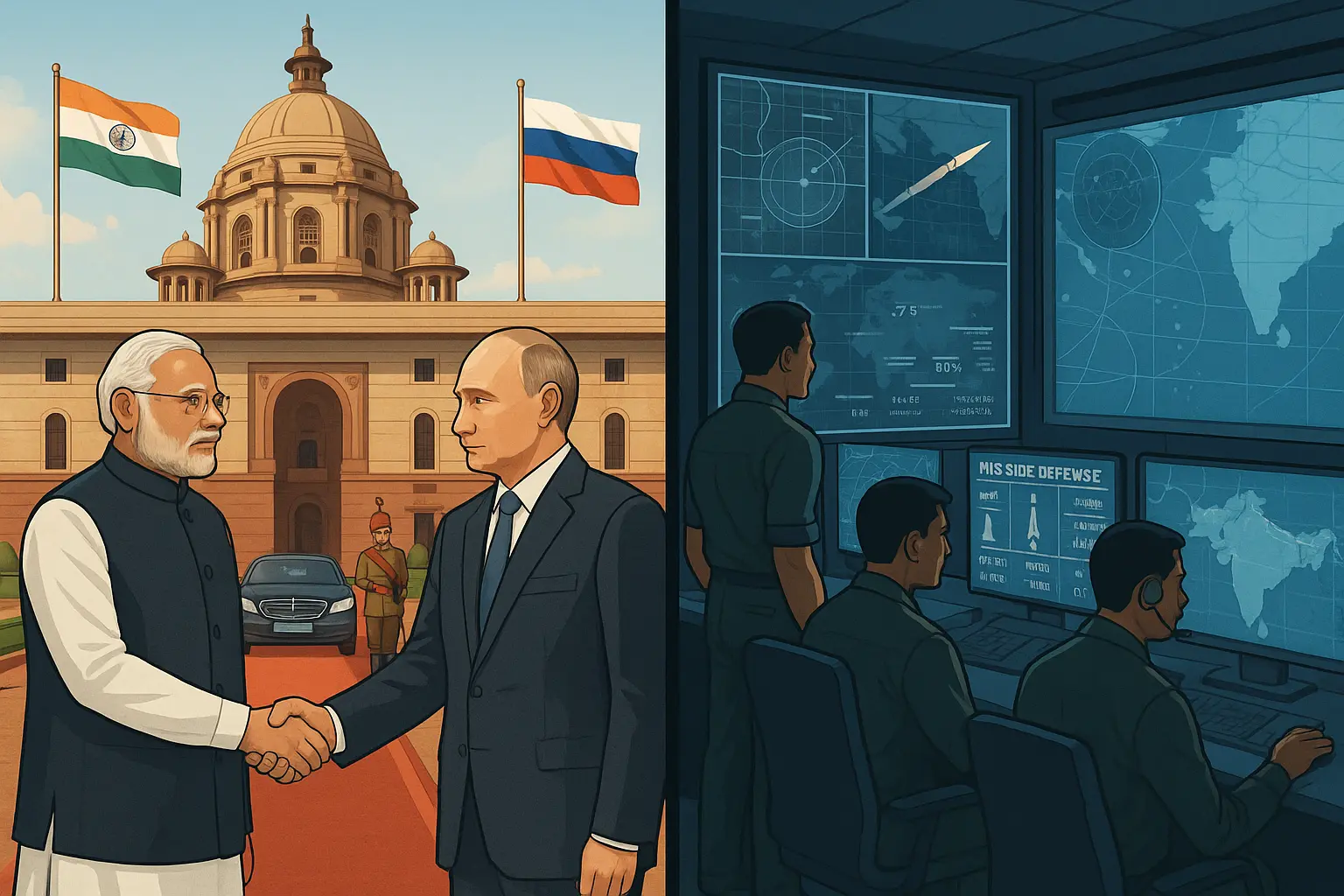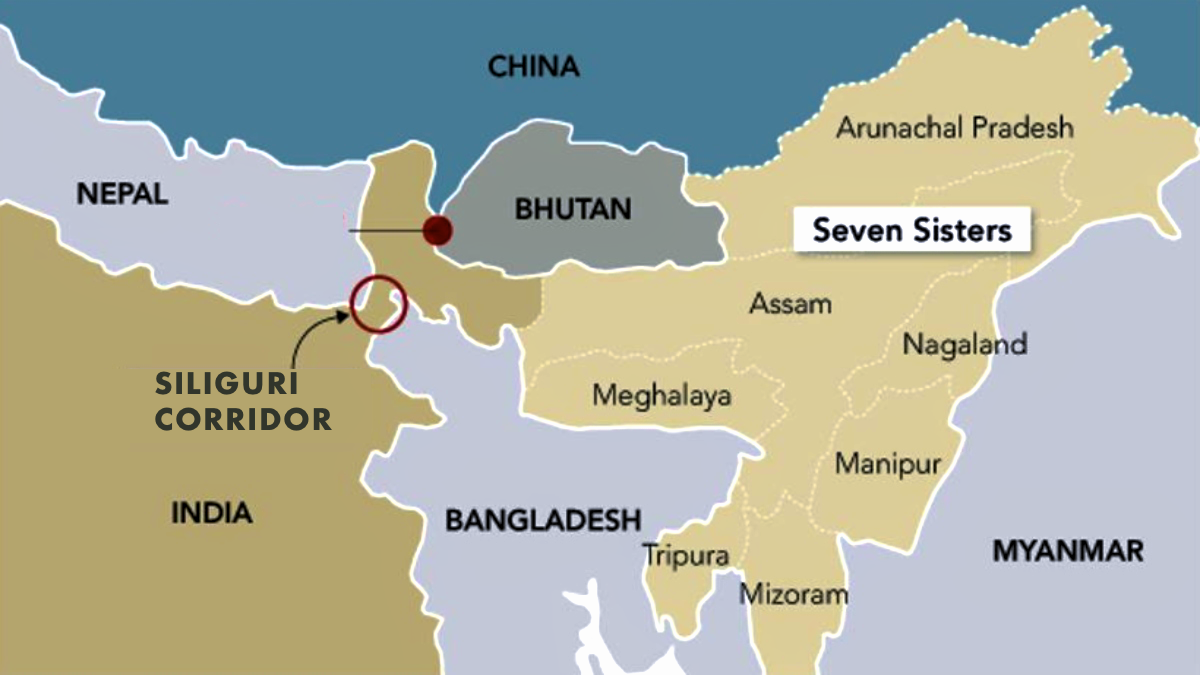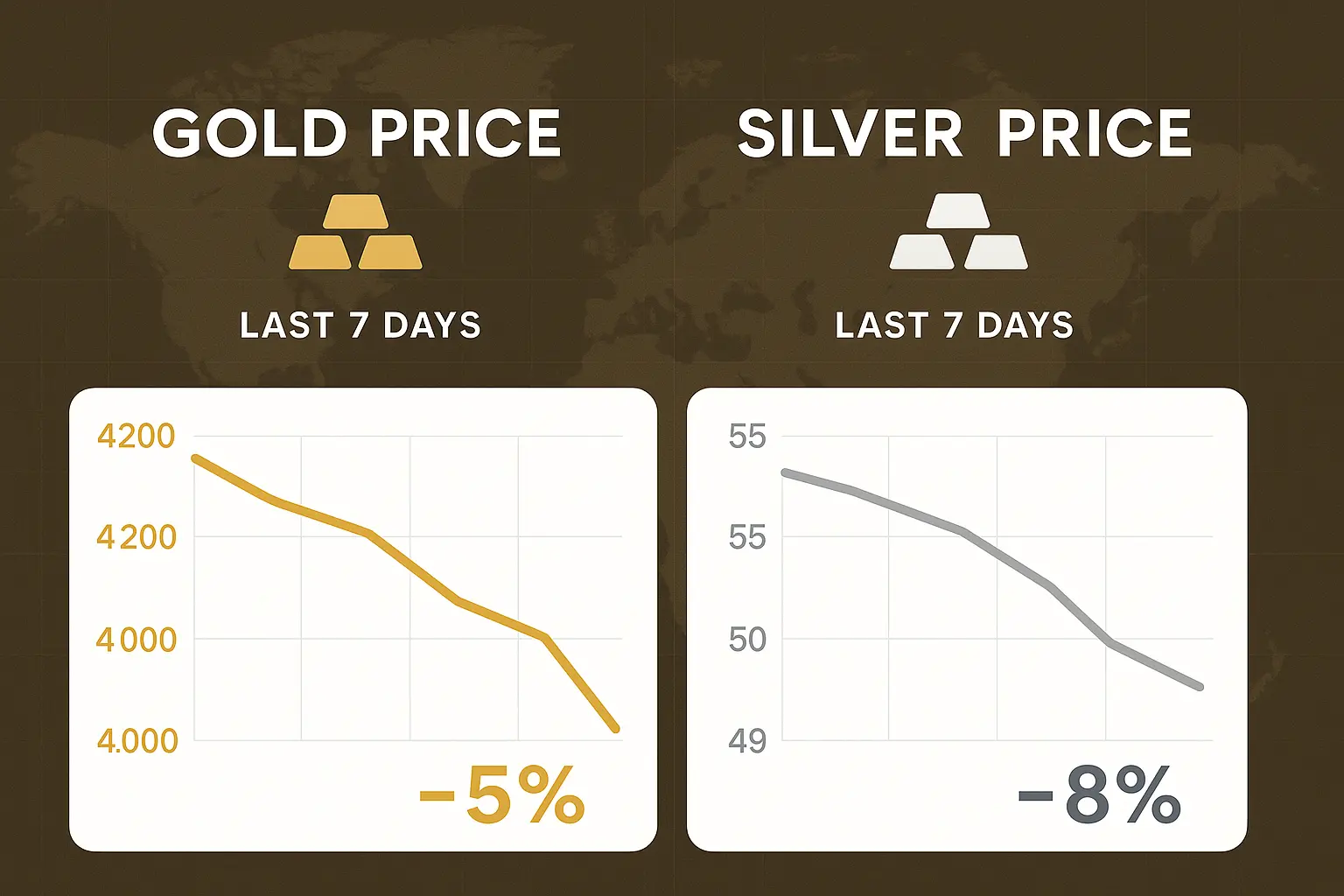Pakistan’s “Islamic NATO” Proposal: Possibility or Geopolitical Hurdle?

Calls for stronger security cooperation among Muslim-majority nations are not new, but Pakistan’s recent pitch for an “Islamic NATO” has drawn fresh attention. Speaking at a summit of 40 Muslim countries in Doha, Pakistan’s defence minister argued that just as NATO’s Article 5 guarantees collective defence, Islamic nations should build a similar military bloc to protect their sovereignty. The proposal comes amid heightened tensions in the Middle East following Israeli strikes in the region. Supporters view it as a long-overdue step for Muslim solidarity, while critics highlight practical, political, and financial challenges.
What is the “Islamic NATO” Concept?
The idea is modelled after NATO, where Article 5 ensures that an attack on one member is considered an attack on all. Pakistan envisions a similar pact among Muslim countries, emphasising defence, not aggression.
Pakistan has occasionally promoted Islamic military cooperation in the past — most notably during the formation of the Islamic Military Counter Terrorism Coalition (IMCTC) in 2017, headquartered in Saudi Arabia and initially led by Pakistan’s former Army Chief, Raheel Sharif. However, unlike NATO, the IMCTC lacks collective defence commitments.
Why Now? The Context of Israeli Strikes
The Doha summit took place after reported Israeli strikes in Qatar, which shocked many observers and raised concerns about regional escalation. While unverified details about Israel’s operational intent remain contested, the incident triggered widespread debate in Muslim-majority states.
Proponents argue that if Israel (or any external actor) can strike targets across the Middle East with relative impunity, Muslim countries need stronger defence guarantees. They fear future attacks on states like Turkey or Saudi Arabia could destabilise the entire region.
Supporters’ Arguments: Unity and Security
Advocates of an Islamic NATO highlight several points:
- Collective Defence – A joint military bloc could deter aggression by external powers.
- Pakistan’s Role – As the only Muslim nuclear-armed state, Pakistan offers credibility in defence.
- Counterbalance to NATO and Israel – An Islamic bloc could serve as a parallel security structure, giving Muslim nations bargaining power in global forums.
- Geopolitical Necessity – Supporters argue that with NATO focused on Europe and the Indo-Pacific, Muslim countries must safeguard themselves.
Critics’ Concerns: Fragmentation and Feasibility
Critics caution that an “Islamic NATO” faces significant hurdles:
- Leadership Struggles – Turkey, Saudi Arabia, and Pakistan would all vie for influence. Historical rivalries make shared leadership difficult.
- Conflicting Alliances – Turkey is already a NATO member; Gulf states rely heavily on U.S. security guarantees; many Muslim countries have strong ties with India, Europe, or China.
- Economic Disparities – Wealthy Gulf states might fund the bloc, but poorer countries may lack resources to contribute meaningfully.
- India Factor – Many Muslim-majority countries, including Bangladesh, the Maldives, and Indonesia, depend on good relations with India, complicating any collective defence commitment that involves Pakistan.
Analysts also note that NATO works because of its shared democratic framework and robust economies, while the Muslim world is more politically diverse and divided.
Alternative Path: Cooperation Without Article 5
Some experts suggest that instead of a NATO-style military alliance, Islamic nations may pursue:
- Joint defence projects (e.g., missile defence shields).
- Counter-terrorism coordination under platforms like IMCTC.
- Shared training exercises and intelligence sharing without binding defence clauses.
This would allow Muslim countries to strengthen defence ties while avoiding the complexities of a binding collective security treaty.
The Bigger Picture: Global Implications
If an Islamic NATO ever takes shape, it could reshape global geopolitics. For the West, it might reduce influence in the Middle East. For India, it could mean rethinking its partnerships with Gulf and Central Asian states. For China, such a bloc might present opportunities to deepen ties, especially through arms sales.
Still, given current divisions, most analysts believe an “Islamic NATO” is unlikely in the near term. At best, the idea may evolve into a looser coalition, with cooperation on defence industries, training, and limited joint action.
Conclusion
Pakistan’s proposal for an “Islamic NATO” highlights both the growing insecurity in the Middle East and the aspirations for stronger Muslim solidarity. Supporters see it as a natural response to external threats, while critics doubt its practicality due to leadership struggles, conflicting alliances, and economic disparities. The reality is that such a bloc would face enormous challenges before resembling NATO’s effectiveness. Still, the very discussion signals a shifting security debate in the Islamic world — one that will remain on the geopolitical radar in the years ahead.
Disclaimer: This article is based on publicly available reports and independent analysis. Readers are encouraged to consult multiple sources for a complete picture.









No comments yet. Be the first to comment!